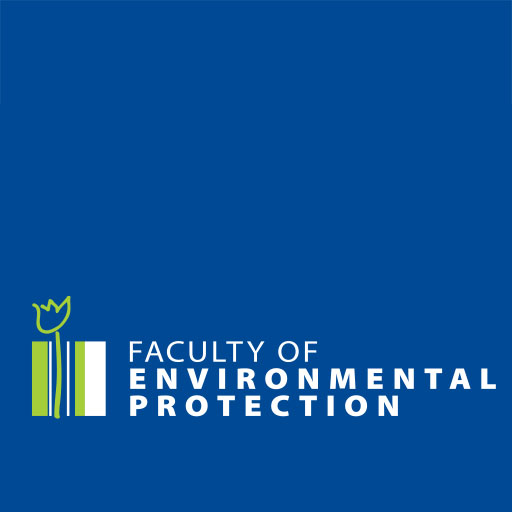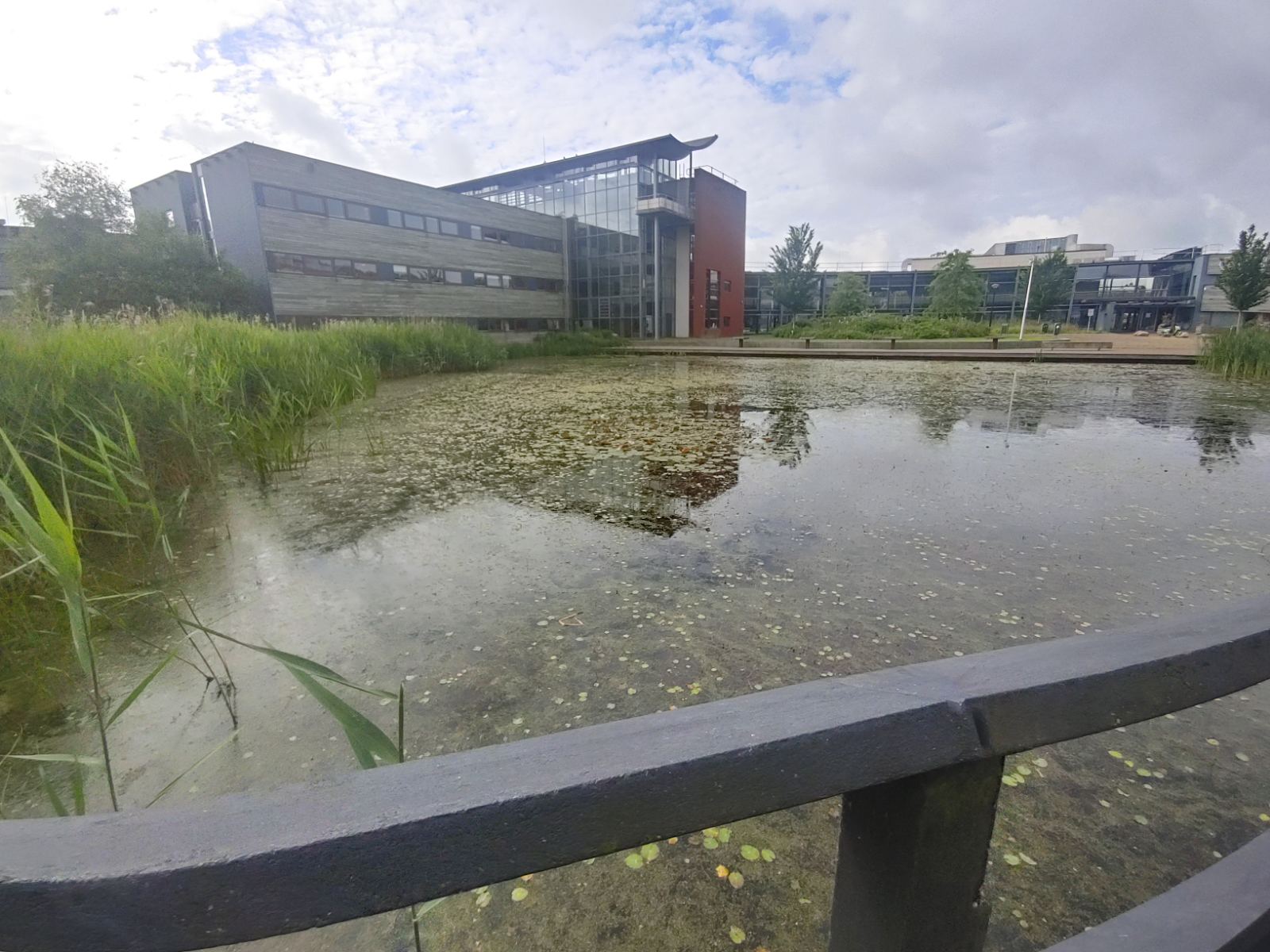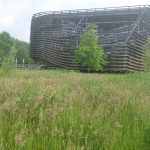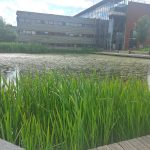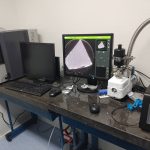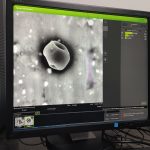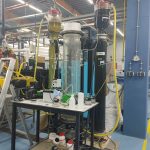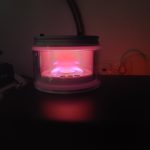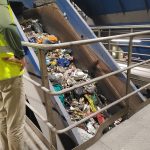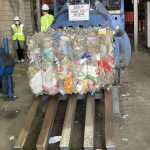From Monday 27 May 2024 to Friday 30 May 2024, master’s student Aljoša Krajnc was hosted by the University of Applied Sciences NHL Stenden in Leeuwarden, Friesland, the Netherlands, as part of the Erasmus+ project.
In the first part he actively participated in the On-Site Deep meeting of the Interreg project Plastix, where FEP is participating as a partner and developing its own prototype for sampling microplastics in small watercourses. Together with other participants, Aljoša learnt about the work of the Frisian province in the field of plastic economy, plastic waste management and “circular plastics”. They were shown the technological processes of plastic recycling in a waste management centre, where usable plastics are mechanically removed from the waste and sent to nearby factories where the recycled plastics are used to make new products. They also visited a small company that designs moulds for products and uses PHA (polyhydroxyalkanoate) or biodegradable plastics.
The following day, participants learned about the activities of the NHL Stenden University and Victoria Campus on Terschelling Island, and about a company that produces plastic products harvested from the island’s sandy beaches.
The second part of the practical training was spent at the NHL Stenden University, at the premises of the Water Applicatie Centrum (WAC) and the Wetsus European Centre for Sustainable Water Technologies, where he was introduced to their methods for the production of nanoplatonic particles (Electrohydrodynamic atomization – EHDA), their quantification and qualification (Flow cytometry and particle staining), research on new methods for removing micro- and nano-plaque from wastewater (air flotation, coagulation and flocculation), and research projects such as a target spraying device, new systems for wastewater aeration using gravity, and a large and modern teaching laboratory for students at all levels, where they have a large number of facilities and equipment for demonstrating wastewater treatment and water quality testing.
Enriched with new knowledge, Aljoša returned to his home faculty, where he is working on the development of a methodology and prototype for sampling microplastics in rivers.
He will conclude his mobility at the end of next month, when he will present to his Dutch partners the latest results of a test sampling of microplastics in the Savinja and Paka rivers.
